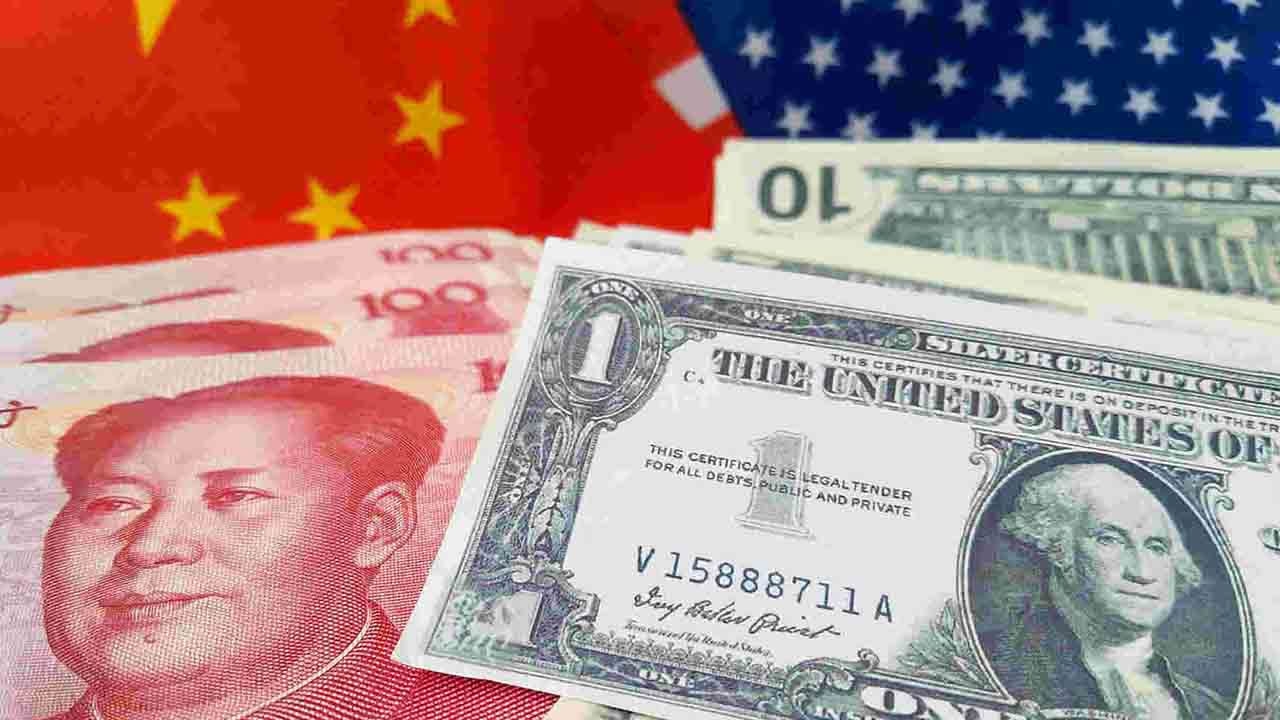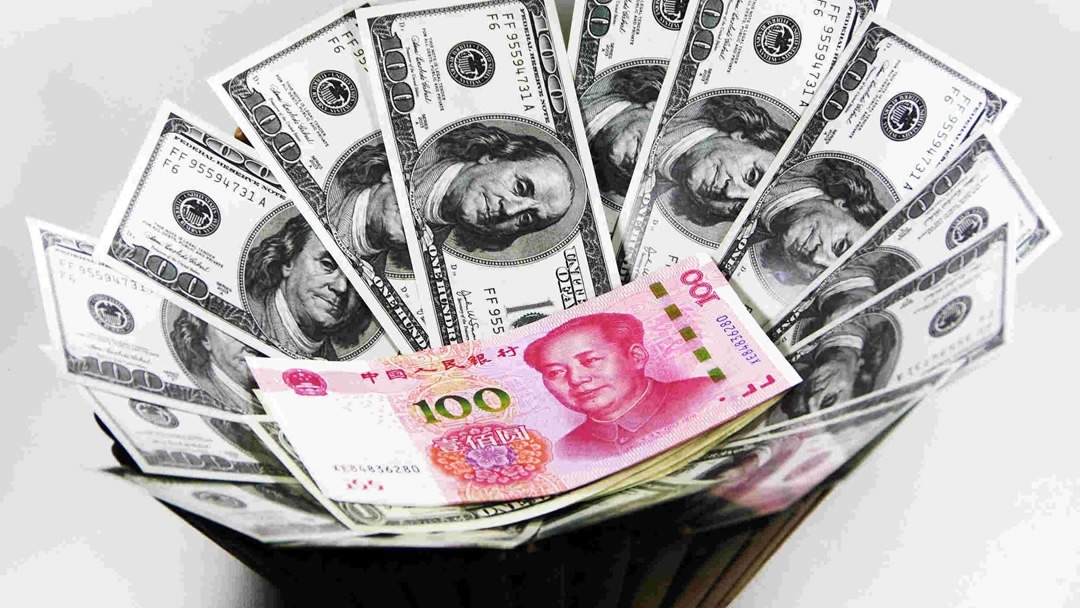
Business
15:45, 17-Jul-2017
ECB shifts dollar reserves to Chinese yuan

By CGTN’s Mariam Zaidi
The European Central Bank (ECB) said it shifted 500 million euro (about 577 million US dollars) worth of its US dollar reserves to the Chinese yuan in the first half of this year.
Is it a nod to growing international ties between the EU and China?
The use of Chinese renminbi (RMB) as a global foreign currency has increased in recent years. A year after the International Monetary Fund (IMF) recognized the RMB as a global reserve currency, the ECB sold off a fraction of its US dollar holdings and bought 500 million Euros (about 577 million US dollars), worth of RMB.

VCG Photo
VCG Photo
Adding the currency to ECB’s pot of foreign reserves was a move that China has boosted its global economic status and increased trust among its European trading partners.
“The fear of the markets two years ago was that the Chinese government would depreciate their currency. When the IMF recognized the Chinese currency as a reserve currency, that conveys a message,” said Bruno Colmant, Economist of Bank Degroof Petercam.
But that “trust” only translated to around one percent of foreign reserves of central banks. The ECB purchase of 577 million US dollars was in keeping with the trend, while it holds nearly 57 billion US dollars in foreign exchange reserves.

Frankfurt Skyline and ECB. / VCG Photo
Frankfurt Skyline and ECB. / VCG Photo
The expert said this reflected a level of uncertainty in the Chinese economy going forward.
“The role of China in global payments increased very rapidly up to 2015, but last year there was a setback,” said Zsolt Darvas, Expert of Bruegel Think Tank.
“So even though the ECB and central banks purchased more and more Chinese RMB as a reserve asset, the role of RMB in global payments declined.”
7789km

SITEMAP
Copyright © 2018 CGTN. Beijing ICP prepared NO.16065310-3
Copyright © 2018 CGTN. Beijing ICP prepared NO.16065310-3